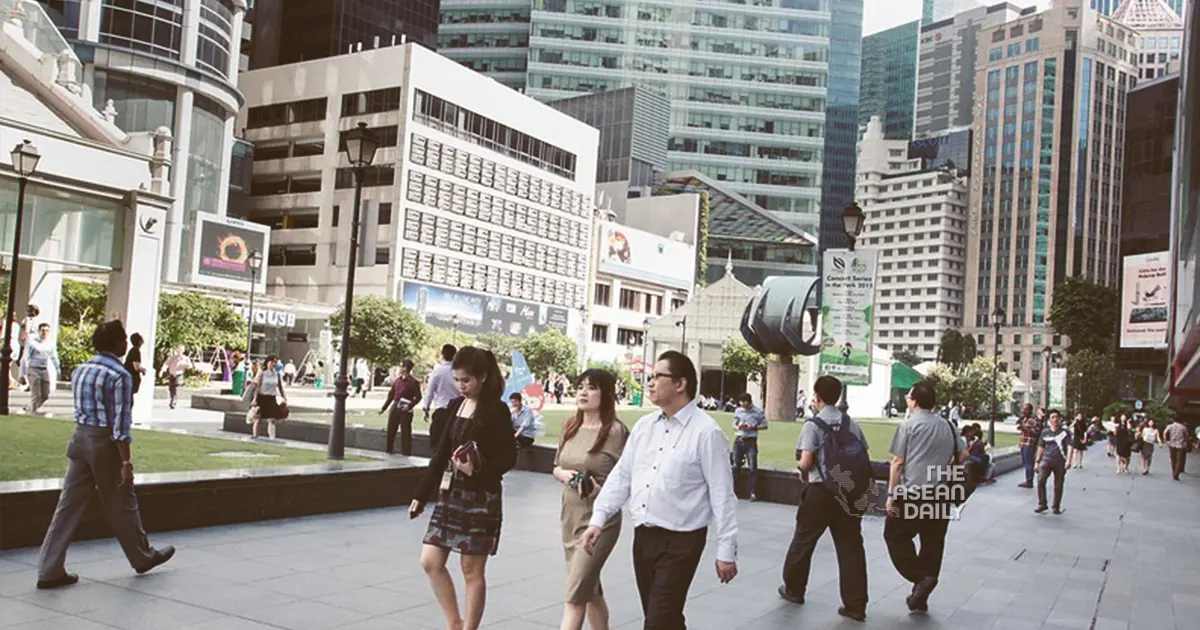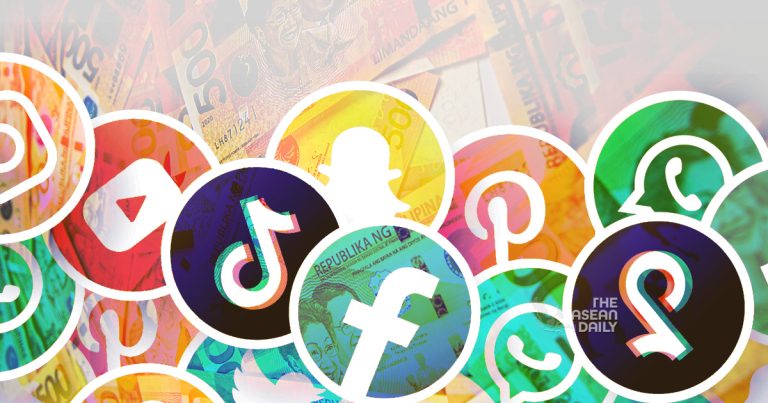7-12-2024 (SINGAPORE) In the wake of Australia’s groundbreaking decision to restrict social media access for under-16s, Southeast Asian nations are crafting their own responses to digital challenges, with several countries moving towards stricter regulation of social media platforms.
Malaysia is leading the regional charge with new licensing requirements set to take effect in January. Under these regulations, platforms with more than 8 million local users must secure operating licenses or face penalties of up to 500,000 ringgit (US$112,400) and potential imprisonment.
“The amount of crime happening online is debilitating,” Malaysia’s Communications Minister Fahmi Fadzil emphasised, citing losses of over half a billion ringgit to online scams and gambling this year alone. The government has recently tabled amendments to the Communications and Multimedia Act, expanding powers to access private data linked to cybercrimes.
Indonesia has signalled interest in following Australia’s approach, though with a more measured timeline. Health Ministry official Imran Pambudi indicated implementation could take “at least three years” to develop appropriate legislation.
Singapore has opted for a different strategy, establishing a dedicated agency to address online harms and implementing the Code of Practice for Online Safety. The city-state’s approach focuses on swift content removal and age verification rather than outright platform bans.

Regional parents have voiced support for stricter controls. “I hope Malaysia will be strict on this matter because it is not safe for our young to be on their gadgets,” said Audrey Selina, a mother of three from Sabah, who currently limits her children’s screen time to weekends only.
However, digital experts warn against overly restrictive measures. “What is considered bad in one country may be necessary in another,” noted Malaysia analyst Adib Zalkapli, emphasising the need for culturally sensitive approaches to regulation.




